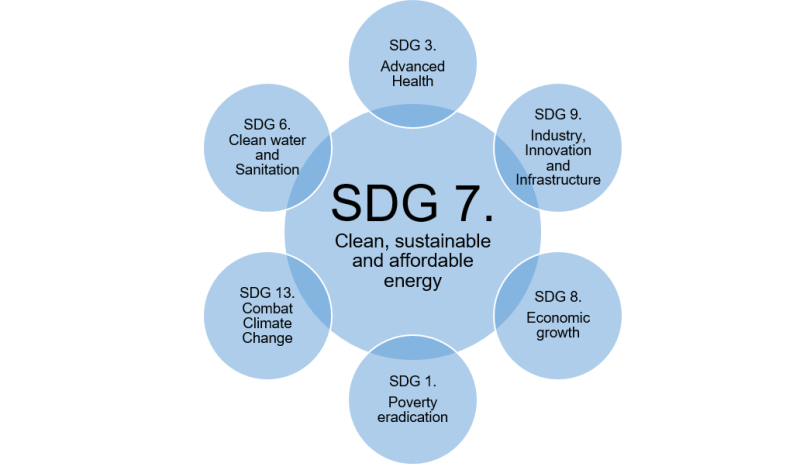
The role of natural gas in powering Africa’s future
Africa is projected to experience significant population growth, rising from around 1.4 billion to close to 2.5 billion by 2050, according to the 7th edition of the GECF Global Gas Outlook 2050. This, along with rural-urban migration, primarily by the youth population in search of better career opportunities in cities, is expected to result in almost1.5 billion people living in cities by that date. The continent’s macroeconomic drivers of energy demand, such as population growth, urbanisation, and industrialisation, are more favourable than any other continent. The African region is on the brink of a massive take-off for industrialisation, with a growing young population, abundant natural resources, and emerging internal markets. Africa’s real GDP is expected to nearly triple from US$2.7 trillion in 2021 to US$7.1 trillion by 2050. This potential for growth relies heavily on energy to provide the necessary amenities in line with the UN Sustainable Development Goals.
Despite Africa’s strategic abundance of diverse energy resources and the critical role of energy in its urbanisation and industrialisation process, significant energy access problems persist for many Africans. These include limited energy infrastructure that interconnects African countries from resource base regions to demand sectors, resulting in vulnerabilities to external shocks. These shocks arise from distant geopolitical tensions, leading to excessive inflation and cost-of-living crises. Moreover, excessive greenhouse gas emissions from developed nations contribute to floods and climate-related vulnerabilities, which come at a high cost for Africans, given their low-level economies and under-industrialisation. The UN SDGs serve as a pathway for African growth and development in the face of these challenges.
While biomass and renewable energy havelarge potential in meeting the African energy demand, urgent need to address indoor pollution from biomass, while lack of much-needed funding to ensure technology readiness, economic viability, lack of resilience and intermittency have rendered renewable energy options insufficient to meet African economic growth potentials, leaving an opportunity to deploy many energy sources, with the abundant and cheap natural gas reserves as the fore-front energy candidate.
The African continent faces three significant challenges: lingering acute energy access problems, vast infrastructural deficits, and exposure to vulnerabilities due to rising geopolitical tensions and climate change. These challenges continue to put Africans at severe risk compared to other continents. Unfortunately, the issue of African energy access has rarely been reported or prioritised, despite African energy consumption per capita being the lowest globally, up to five times less than the global average

Information Source: Read More “
Energy Monitors , Electric Power , Natural Gas , Oil , Climate , Renewable , Wind , Transition , LPG , Solar , Electric , Biomass , Sustainability , Oil Price , Electric Vehicles,

